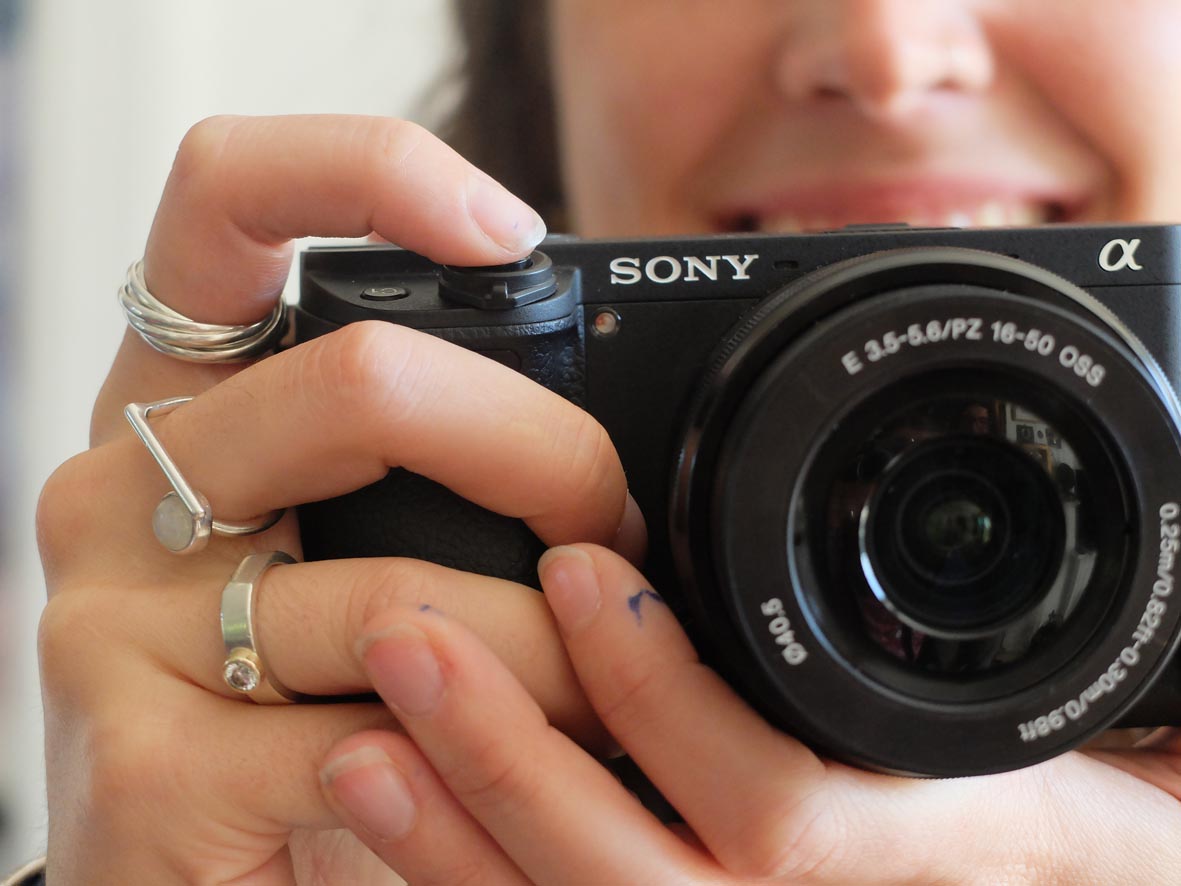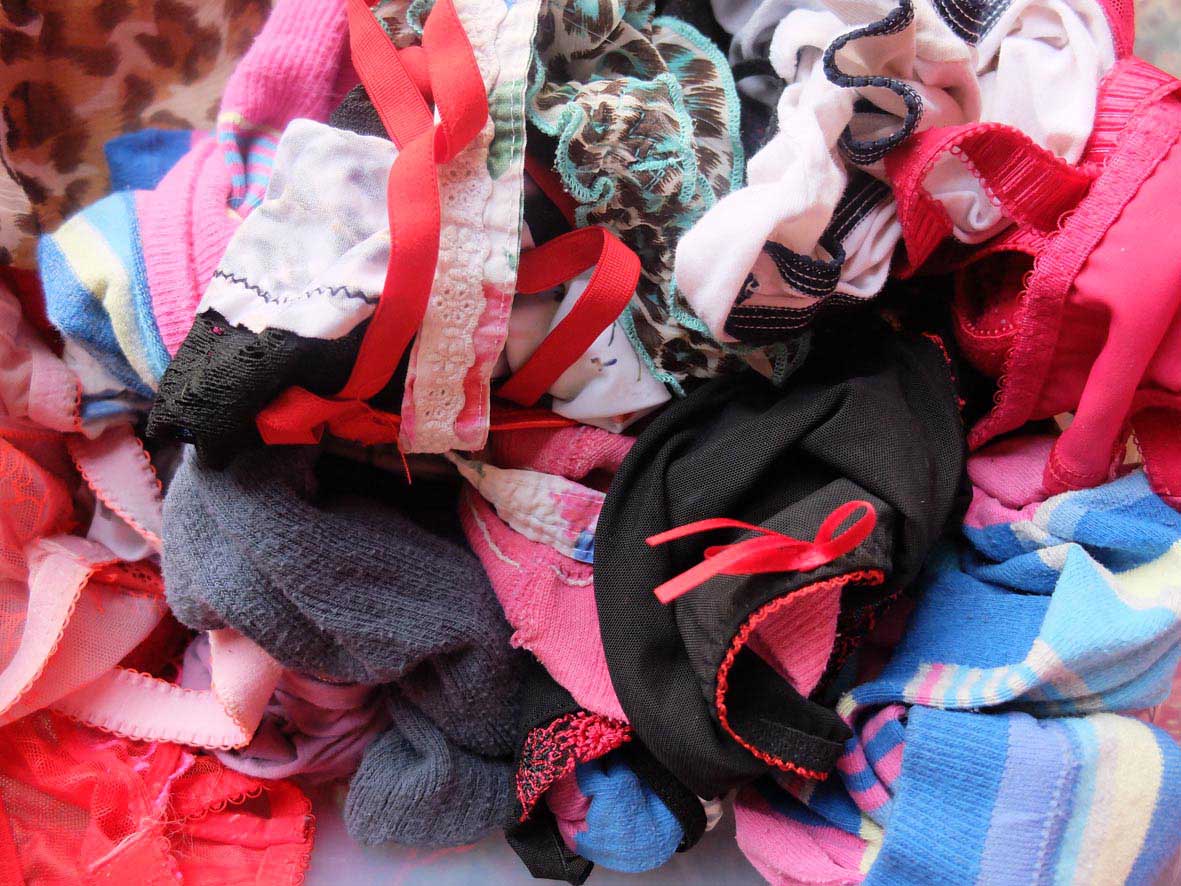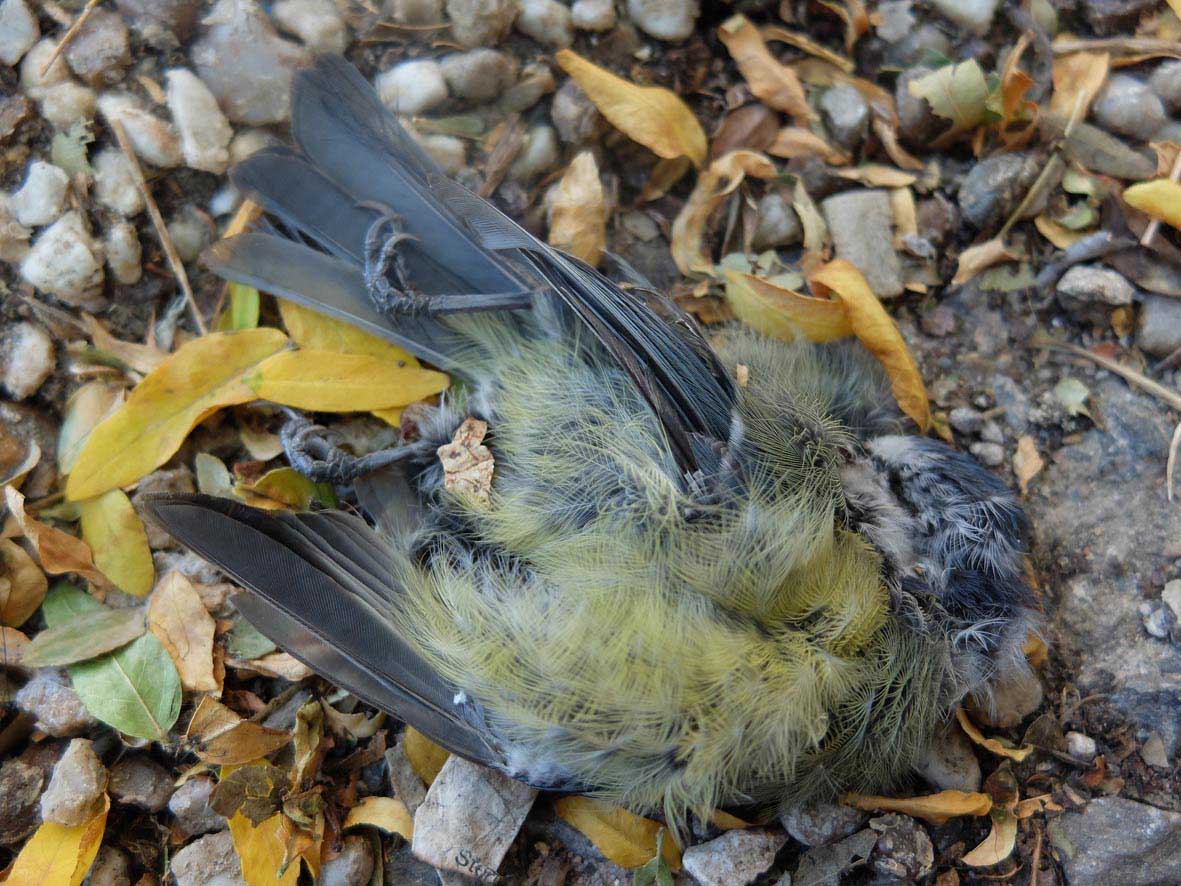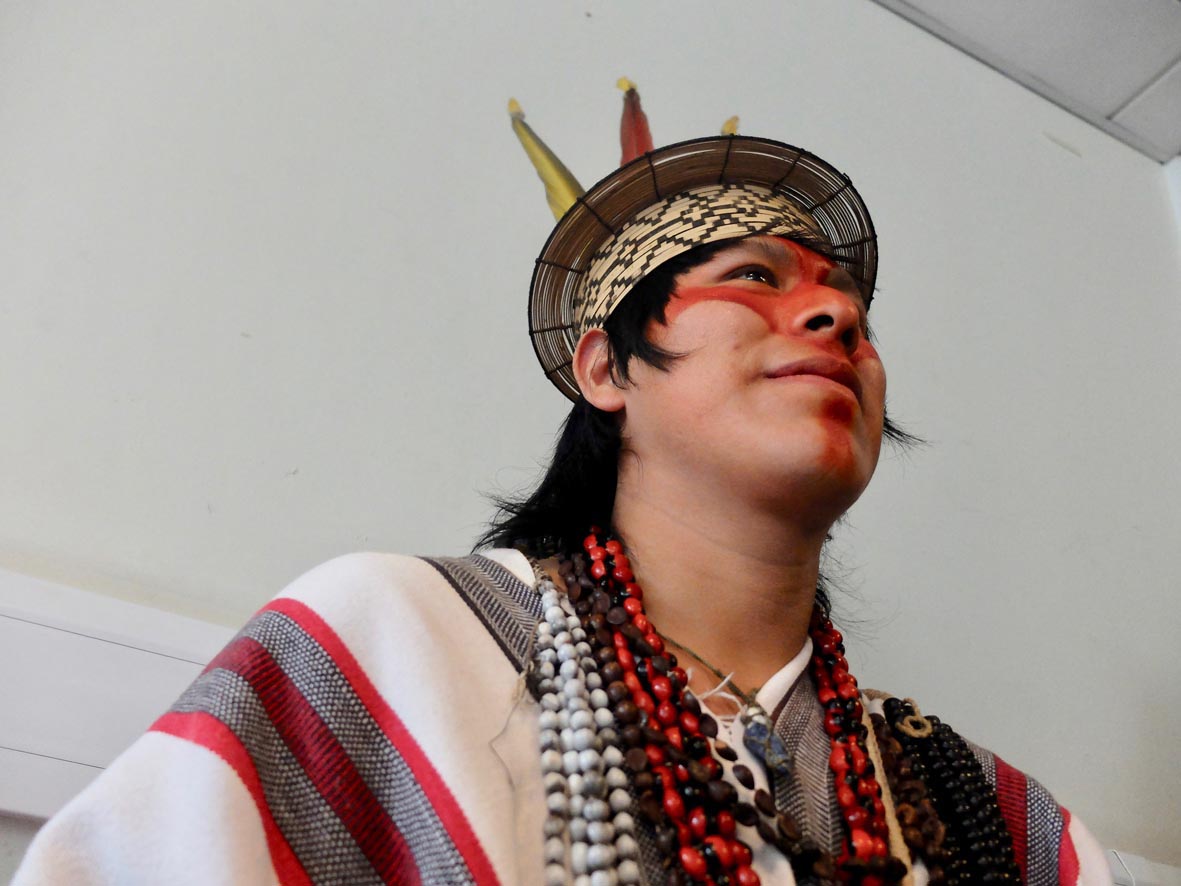14 Sep Camera in Hand
 Usually the documentarian, this time I am under scrutiny. Our smiles mirror through the lens. I wear only one silver ring, my fingers often marked by ink. The words that waltz and foxtrot daily in my head unexpectedly tumble out in torrents. I am excited by the problems behind the enquiry. How do we welcome in mortality? How can we reclaim a deeper knowing of the cycle of life and death? What is the most effective way to change our relationship with grief? My unbridled ideas pour out, some of which may snag on the researcher’s hook to be reeled in.
Usually the documentarian, this time I am under scrutiny. Our smiles mirror through the lens. I wear only one silver ring, my fingers often marked by ink. The words that waltz and foxtrot daily in my head unexpectedly tumble out in torrents. I am excited by the problems behind the enquiry. How do we welcome in mortality? How can we reclaim a deeper knowing of the cycle of life and death? What is the most effective way to change our relationship with grief? My unbridled ideas pour out, some of which may snag on the researcher’s hook to be reeled in.











